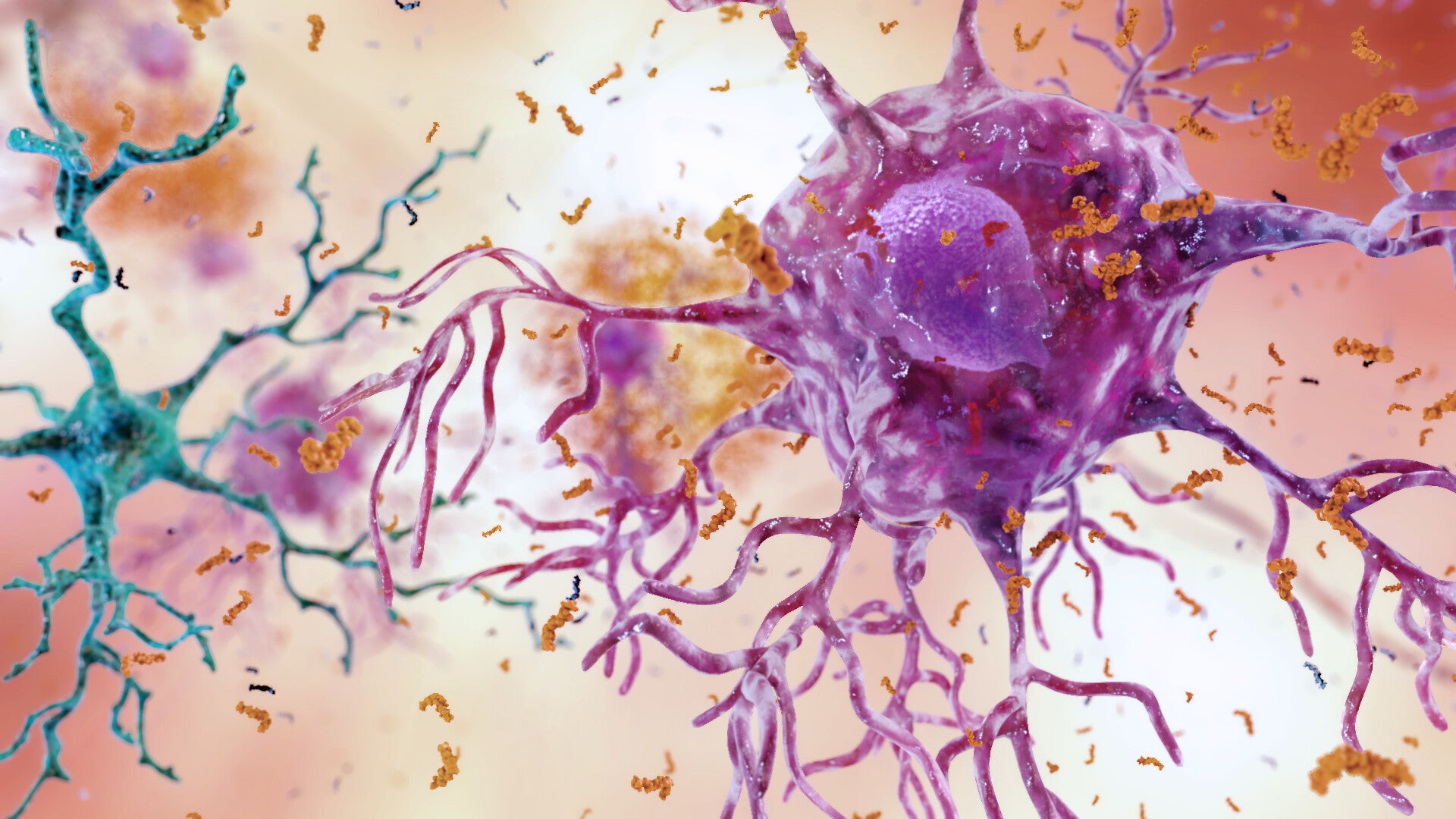
Swiss-based biopharmaceutical company AC Immune and Genentech have said that Phase II TAURIEL trial of semorinemab failed to meet the primary efficacy endpoint in patients with early (prodromal to mild) Alzheimer’s disease (AD).
TAURIEL, a 73-week, double-blind, placebo-controlled trial assessed if semorinemab can slow the rate of clinical decline in early AD in a total of 457 patients across 97 centres.

Discover B2B Marketing That Performs
Combine business intelligence and editorial excellence to reach engaged professionals across 36 leading media platforms.
According to the trial data, semorinemab, an anti-Tau antibody, failed in lowering the rate of clinical decline on Clinical Dementia Rating-Sum of Boxes (CDR-SB) as compared to placebo.
The drug candidate did not meet the two secondary endpoints of Alzheimer’s Disease Assessment Scale-Cognitive Subscale 13 (ADAS-Cog13) and Alzheimer’s Disease Cooperative Study Group – Activities of Daily Living Inventory (ADCS-ADL).
However, the study did meet its primary safety endpoint.
Further analyses of the trial data are underway, along with the second Phase II LAURIET trial of semorinemab in patients with moderate AD.

US Tariffs are shifting - will you react or anticipate?
Don’t let policy changes catch you off guard. Stay proactive with real-time data and expert analysis.
By GlobalDataAC Immune SA CEO Andrea Pfeifer said: “Today’s news is surprising and disappointing, given what we as a field know about Tau and its strong spatiotemporal correlation with both symptoms and pathology in AD.
“We believe the full data analysis of this first-of-its-kind study will yield information about this promising target that will advance our understanding and inform future efforts to successfully develop effective therapeutics for neurodegenerative diseases (NDD).”
The Swiss company’s other anti-Tau clinical assets include ACI-35.030 (anti-Tau vaccine), ACI-3024 (anti-Tau inhibitor) and Tau- PET tracer.
In April 2018, the company reported the proof-of-concept results from several of its Tau Morphomer candidates, which demonstrated a target-specific reduction of pathological Tau and cognitive and functional improvement in AD.





